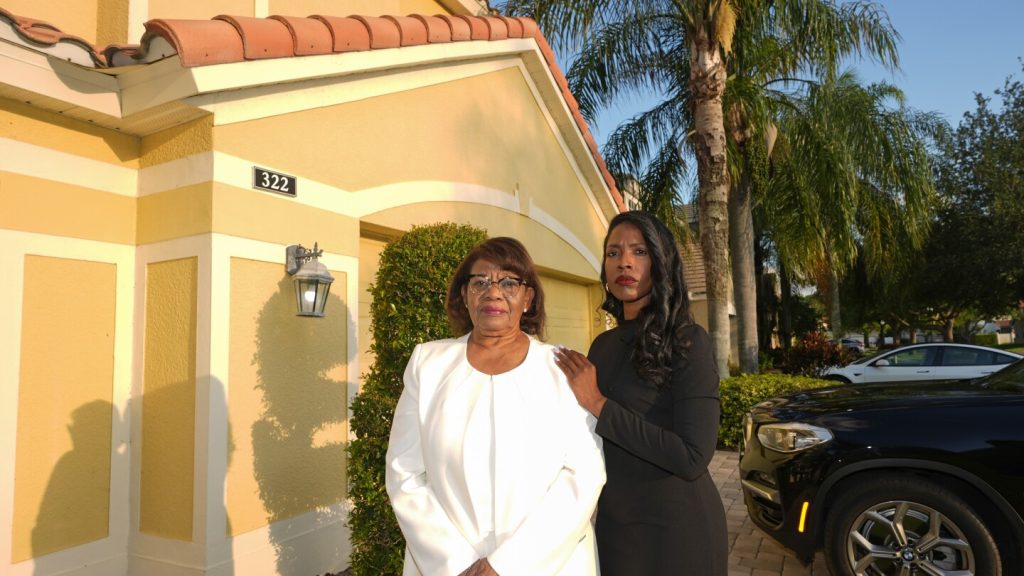Joanne Celestin’s brother, Samuel, died after a confrontation with police when he was in the midst of a mental health crisis. Despite warnings from his family about his schizophrenia and bipolar disorder, the police used Tasers and physical force, ultimately leading to his death. His family believes that his race played a role in how he was treated, and that he would have been handled differently if he were not Black. This incident is part of a larger trend in the United States, with more than 1,000 people dying over a decade after police used force that is meant to be non-lethal.
Samuel Celestin’s struggle with mental health began in high school when he was diagnosed with anxiety. Despite efforts from his family to get him help, his condition worsened over the years. On the night of his death, he became paranoid and violent, prompting his family to call the police for assistance. However, the responding officers did not handle the situation according to best practices for dealing with mental health crises. They failed to de-escalate the situation and used excessive force, ultimately leading to Celestin’s death. The family later filed a civil lawsuit against the police departments involved.
The police officers involved in the incident claimed that Celestin was confrontational and posed a threat to them, justifying their use of force. They argued that they followed proper protocol and did not believe they were dealing with someone with a mental illness. However, experts who reviewed the case disagreed with this assessment, stating that the officers missed opportunities to handle the situation differently. The officers’ use of Tasers and prone restraint techniques violated safety guidelines and exacerbated the situation, leading to Celestin’s death.
Following an investigation, prosecutors decided not to press charges against the officers involved in Celestin’s death. The family received a $1.5 million settlement from the cities of Ocoee and Windermere, but they remain frustrated that no one has been held accountable for Samuel Celestin’s death. They continue to seek justice and advocate for changes in how law enforcement handles individuals with mental health issues. Despite their efforts, they feel that Celestin’s death has not garnered enough attention to spark meaningful change in policing practices nationwide.
The Celestin family’s story highlights the challenges that individuals with mental health issues face when interacting with law enforcement. It also underscores the need for improved training and protocols for officers responding to mental health crises. The family’s pursuit of justice serves as a reminder of the systemic issues within law enforcement and the importance of holding officers accountable for their actions. Ultimately, they hope that Samuel Celestin’s death will not be in vain and that it will lead to reform in how police handle similar situations in the future.


